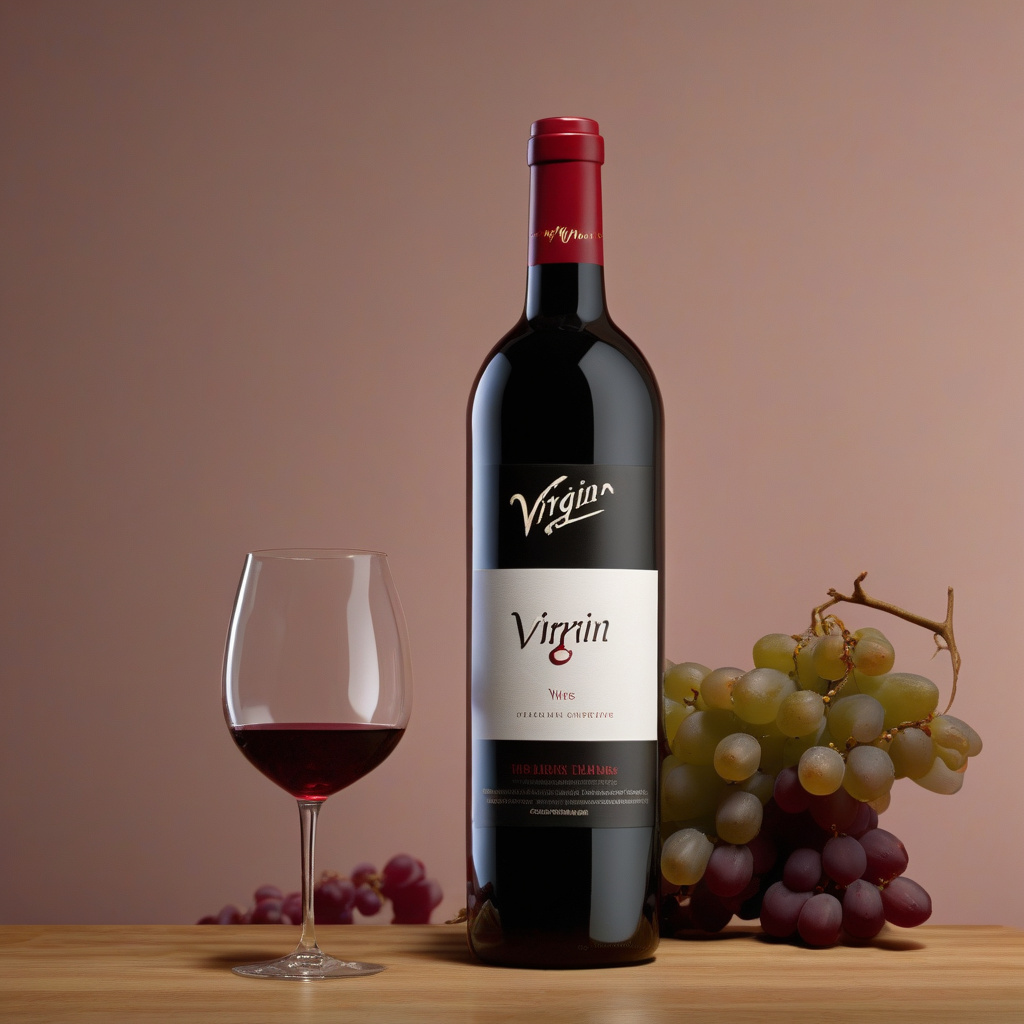Virgin Wines Profit Falls Despite ‘Encouraging Progress’ Against Growth Drivers
In a recent release of its audited annual results, Virgin Wines reported a decline in profit, a situation that presents a stark contrast to the company’s claims of “encouraging progress” in various growth drivers. This paradox raises questions about the current state of the wine retail industry and the challenges that businesses face in a competitive market.
For the financial year ending June 30, Virgin Wines reported a profit drop, which indicates that while the company is making strides in areas such as customer acquisition, sales growth, and operational efficiencies, these advancements have not yet translated into improved profitability. The company’s ability to attract new customers and retain existing ones is vital, but the cost of doing business in the retail sector can significantly impact the bottom line.
In the context of the broader wine retail market, Virgin Wines’ experience is not isolated. The industry has been experiencing a shift in consumer behavior, driven by changing preferences and heightened competition from both brick-and-mortar and online retailers. As consumers increasingly seek convenience and value, companies must adapt their strategies to meet these new demands.
Despite the profit decline, Virgin Wines highlighted its successful initiatives to grow its customer base. For instance, the company has invested in digital marketing strategies aimed at enhancing brand visibility and attracting a younger demographic. As e-commerce continues to thrive, Virgin Wines’ focus on online sales is a crucial component of its growth strategy. The transition to online platforms not only expands market reach but also allows for more personalized customer experiences.
The company also emphasized its efforts to improve operational efficiencies. By streamlining its supply chain and enhancing logistics, Virgin Wines aims to reduce costs and improve service delivery. These initiatives are essential in an environment where margins are often slim, and competition is fierce. However, the benefits of these efficiencies may take time to reflect in profitability, particularly as the company navigates the complexities of the current economic landscape.
Another key area of focus for Virgin Wines has been product diversification. The company has expanded its product range to include not only wines but also complementary products such as gourmet foods and accessories. This strategy is designed to enhance the overall customer experience and increase average order values. However, the challenge lies in effectively managing inventory and ensuring that these new products align with customer preferences.
Moreover, Virgin Wines has made significant strides in building customer loyalty through subscription services. The introduction of wine clubs and personalized offerings is a strategic move to foster repeat business. By creating a community around wine appreciation, the company aims to strengthen its relationship with consumers. However, maintaining this loyalty requires consistent quality and value, which can sometimes be difficult to achieve.
The decline in profit also raises concerns about the pricing strategy employed by Virgin Wines. In a market where price sensitivity is growing, striking the right balance between quality and affordability is vital. While the company seeks to position itself as a premium wine retailer, it must remain aware of the competitive pressures that drive consumers to seek out lower-priced alternatives.
As Virgin Wines navigates this challenging landscape, it is crucial for the company to remain agile and responsive to market trends. Continuous monitoring of consumer preferences and competitive dynamics will be essential in refining its strategies. Furthermore, leveraging data analytics can provide insights into customer behavior, enabling the company to make informed decisions that enhance profitability.
In summary, while Virgin Wines has reported a profit decline, the company remains optimistic about its progress in key growth drivers. The focus on customer acquisition, operational efficiency, and product diversification reflects a commitment to adapting to an evolving market. However, translating these efforts into sustained profitability will require a careful balance of pricing, quality, and customer engagement. As the wine retail landscape continues to change, Virgin Wines must remain vigilant and adaptable to secure its position in the market.
#VirginWines #ProfitDecline #WineRetail #BusinessStrategy #EcommerceGrowth
